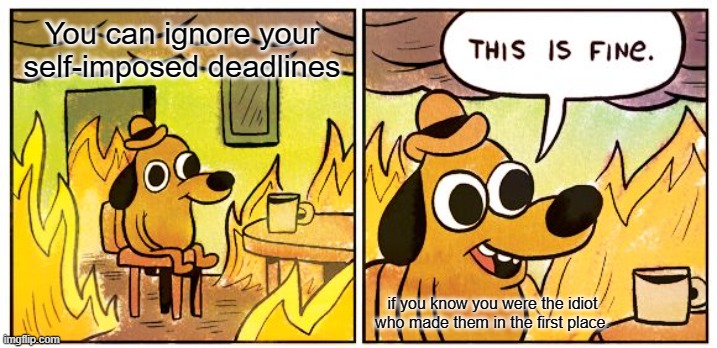
Why you shouldn’t ignore creative burnout
Working on creative projects takes a lot of effort. When things are running smoothly, it’s easy to ignore how many tasks need to be done, especially if you’re trying to accomplish this project alone (as I’ve written about before). But when does it become too much? When can a creative endeavor cross over from pleasure to work?
Part of the problem of accumulating creative projects is the desire to work on all of them at once. For some, it’s how they pay the bills. For me, my creative pursuits are meant to be enjoyable hobbies. I understand that some aspects of these hobbies (like editing) aren’t the most enjoyable, but they still need to happen if I want to produce a product I’m proud of. There are plenty of ideas I want to see come to life, but I don’t have the time to work on them all simultaneously.
Sometimes projects overlap.
I’ve recently recovered from a bout of creative burnout. I pushed...

